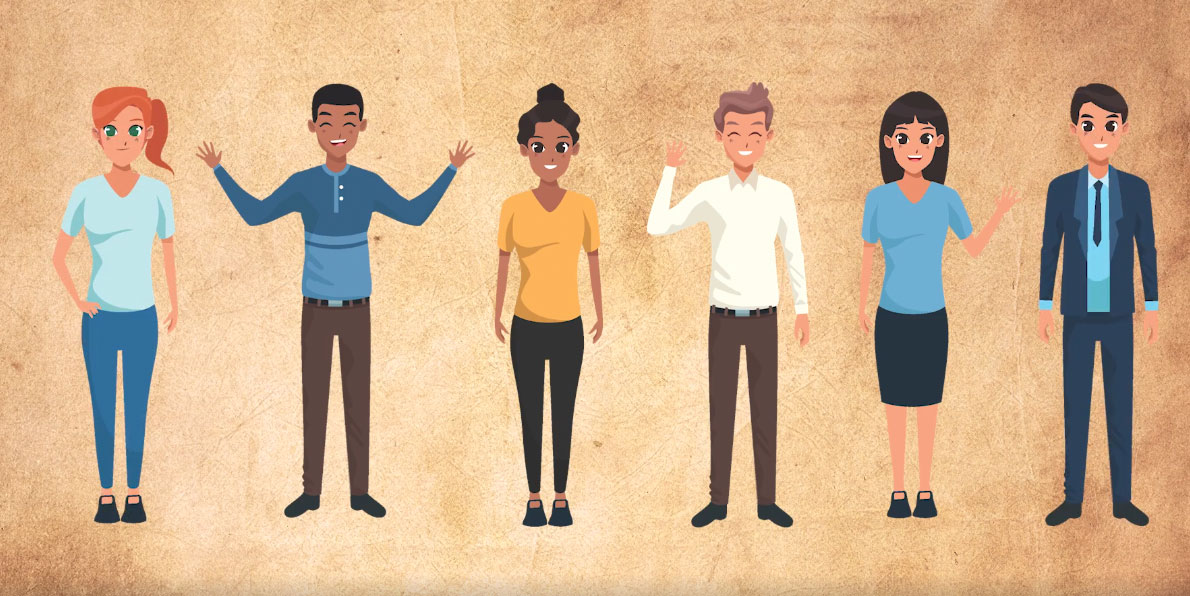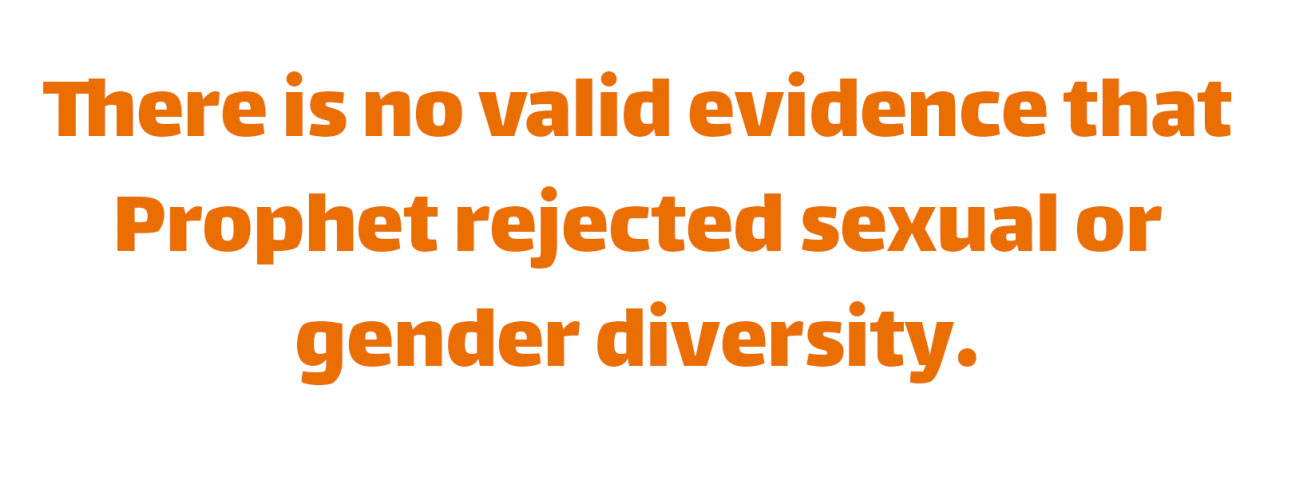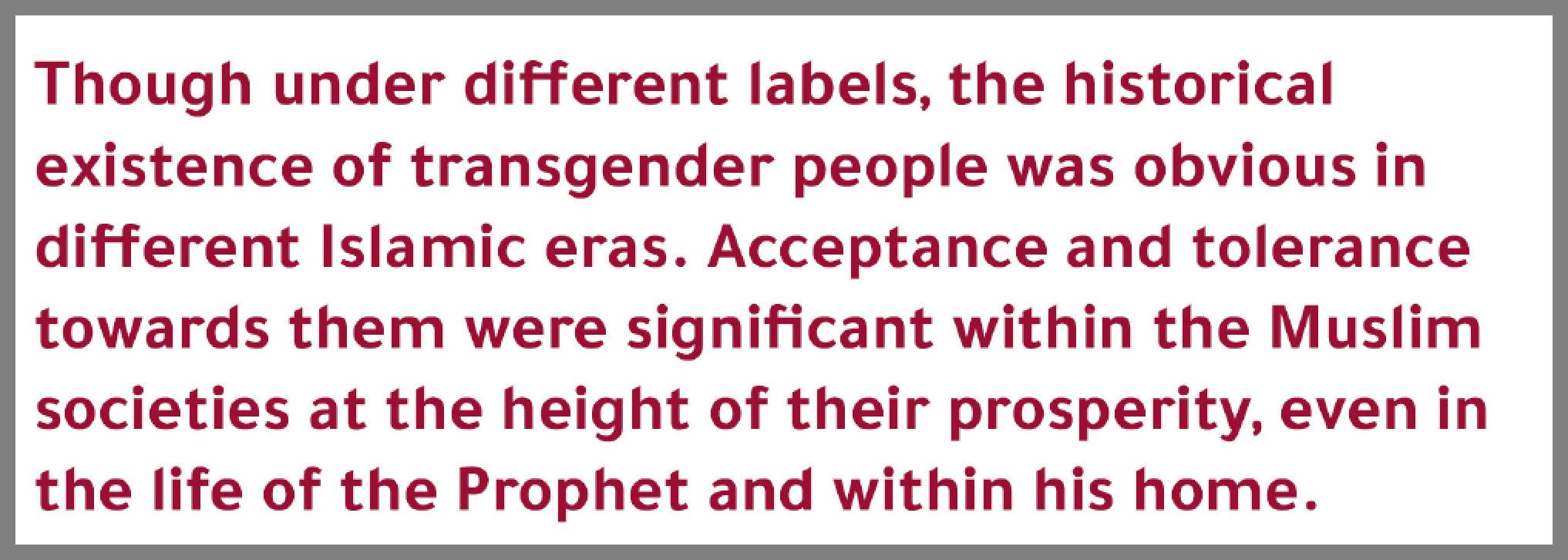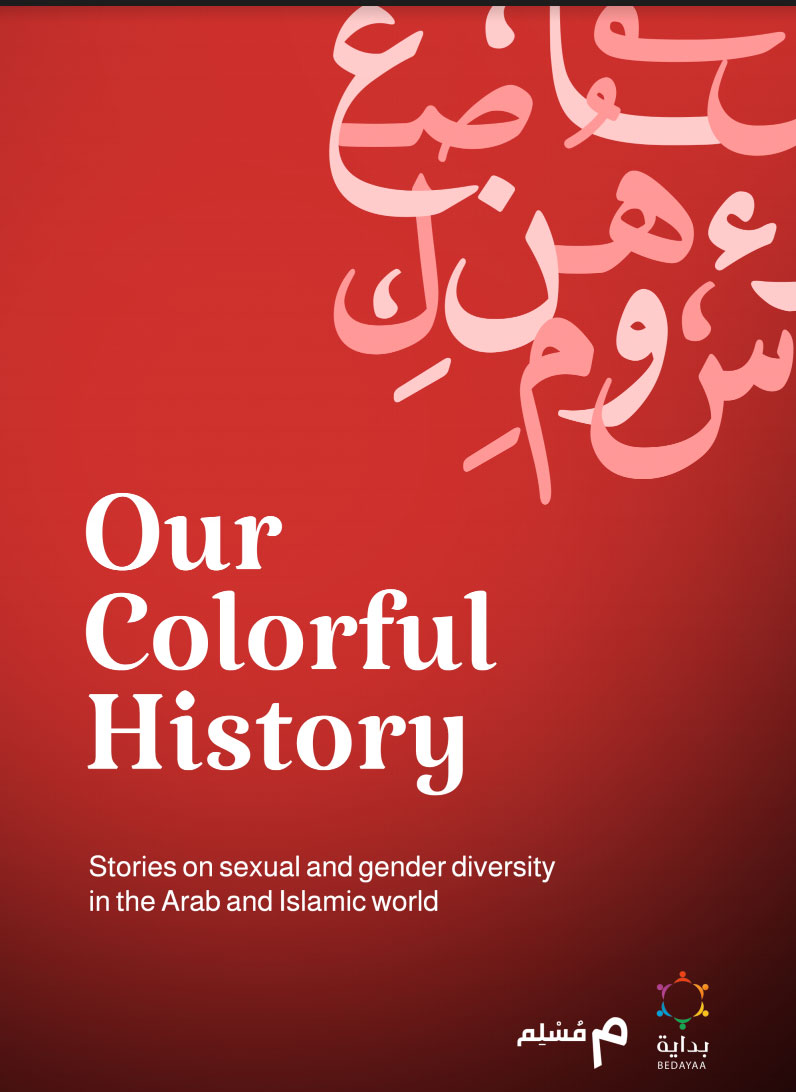How anti-gay Muslims get their Islamic texts wrong
Colin Stewart is a 45-year journalism veteran living in Southern…
In a scholarly study, two Muslim LGBTQ advocacy groups have concluded that Muslim homophobia is based on misunderstandings of Islamic writings.

The Meem Muslim Initiative and the Bedayaa organization were partners in the project studying Islam and queer issues.
The project produced:
The people of Lot – were they gay? A short video that discusses the Quran’s story of the people of Lot and their relationship to homosexuality. The project concludes that the people of Lot were punished by Allah because they were rapists and bandits. The people of Lot expressed greed, not sexual attraction, so sexual orientation was not at issue.
Hadith and Queer Identities (PDF, 4 pages)– an analysis of hadiths, which are statements and accounts outside the Quran that are attributed to Mohammed. The study found:
Some hadiths are reliable and “strong,” such as those with a clear lineage of reliable witnesses passing along the hadith from Mohammed until it was written down. Other hadiths are categorized as unreliable and “weak,” including some that were clearly fabricated or were spread by untrustworthy narrators. For example, the hadith “Stone the upper and the lower; stone them both” came from sources that both ancient and modern scholars describe as “not reliable and unknown,” “weak,” “denied” and “not to be considered.”
The project found that none of Islam’s commonly cited anti-homosexuality statements is based on a strong hadith.

Trans Identity – Islam’s perspective (PDF, 4 pages). An analysis of Islamic texts and Islamic customs with regard to transgender people, including the acceptance of gender re-assignment surgery in Iran and Egypt. The overall conclusion:

Our Colorful History (PDF, 6 pages) — Brief stories about seven people who exemplify sexual and gender diversity in Arab and Islamic history.

The documents and video are available here in Arabic:
- The people of Lot – were they gay? (video) قوم لوط، هل كانوا مثليين؟
- Hadith and Queer Identities: الحديث الشريف والهويات الكويرية
- Trans Identity – Islam’s perspective: الإسلام وقضية الترانس
- Our Colorful History: تاريخنا الملون




U.N. denies water to refugees to move them back into danger